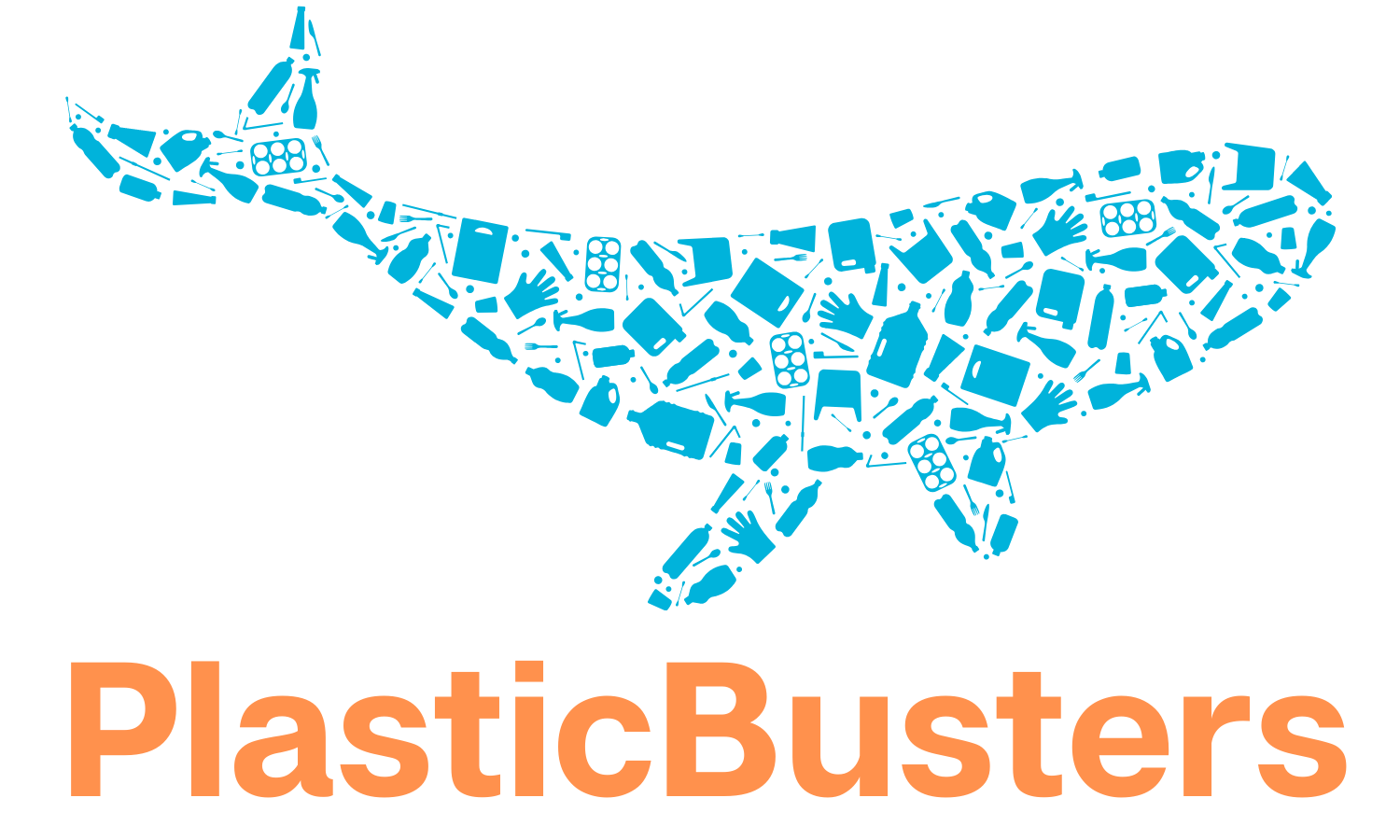Keeping Our Communities Clean: Strategies for Local Authorities to Tackle Littering
Littering is a major issue that affects communities all over the world. Not only is it unsightly, but it can also have negative impacts on the environment and public health. Local authorities have an important role to play in reducing littering and keeping their communities clean.
Littering and plastic waste can have significant negative impacts on the environment, wildlife, and public health, not only in seas and oceans but also inland. Here is some data that highlights the scale of the problem:
According to the US Environmental Protection Agency (EPA), every year, Americans generate about 254 million tons of trash and recycle and compost about 87 million tons of this material, leaving about 167 million tons of it in landfills.
In the United Kingdom, it is estimated that each person generates around 185 kg of plastic waste per year, with about 5% of this being recycled, and the rest going to landfill or being littered.
In France, it is estimated that 10 billion plastic bags are distributed each year, of which only 15% are recycled. The rest end up in landfills or as litter.
In Germany, it is estimated that 2.8 million tons of plastic waste are produced each year, with around 31% being recycled, and the rest going to landfill or being littered.
Plastic waste is also affecting wildlife, Plastic debris can entangle, suffocate, or poison wildlife, or be mistaken for food, causing injury or death.
Plastic bags, for example, are a significant threat to wildlife, as they can suffocate or entangle animals, or be mistaken for food.
Plastic bottles, food wrappers and cigarette butts are among the most common forms of litter found in streets, parks, and other urban areas, and they can harm wildlife and cause damage to the environment.
Plastic waste also harms human health, breathing in plastic particles can cause respiratory problems and inhaling microplastics can lead to cancer, birth defects, and other serious health problems.
So what can be done?
One of the most effective ways for local authorities to reduce littering is through education and awareness campaigns. These campaigns can be targeted at specific groups, such as school children or businesses, to educate them about the impacts of littering and the importance of keeping their community clean. Local authorities can also work with community groups and organizations to create educational materials and distribute them throughout the community.
Another important strategy for local authorities is to enforce littering laws and regulations. This can include increasing fines for littering, as well as implementing programs to catch and punish offenders. For example, local councils can establish a “litter patrol” program, where volunteers or council employees patrol the community and report littering incidents.
In addition to enforcement and education, local authorities can also take steps to make it easier for people to properly dispose of their waste. This can include increasing the number of trash and recycling bins throughout the community, as well as providing convenient and accessible waste disposal locations. Local councils can also work with businesses and organizations to provide additional waste disposal options, such as recycling bins or composting stations.
Another important strategy for local authorities is to invest in infrastructure that helps to reduce littering. This can include installing trash and recycling receptacles in public spaces, as well as building public restrooms and other facilities that can reduce the need for people to litter. Local authorities can also work with businesses and organizations to improve waste management and recycling practices, which can help to reduce the amount of litter in the community.
Lastly, local authorities can also encourage community participation in anti-littering efforts. This can include organizing and supporting community cleanup events, such as those promoted by PlasticBusters, as well as encouraging residents to report littering incidents and get involved in local anti-littering campaigns.
In conclusion, local authorities play a vital role in reducing littering in their communities. By implementing a combination of education and awareness campaigns, enforcement, infrastructure investments, and community participation, local authorities can effectively reduce littering and keep their communities clean and healthy.
As always, these are just some ideas of things a local authority can do, it is by no means an exhaustive list. We’d love to hear any ideas and tips you may have of your own – comment below and/or drop us an email at mail@plasticbusters.org and let us know!


